Business Microcredit IFN S.A. Awarded “A” Sustainability Alignment Rating by Agents for Impact

Business Microcredit IFN S.A. has received an AFISAR© Sustainability Alignment Rating of “A” from Agents for Impact, placing the institution among the top 10 microfinance providers globally for ESG and SDG alignment.
The rating highlights strong performance in several key areas:
- Gender equality: 77.9% women clients and 50% female representation in management
- Decent work: 100% of staff involved in structured career development and training
- Governance: 88% alignment with governance-related sustainability metrics
- Climate action: Introduction of Green Loan facilities and integration of ecological risks into the lending model
The assessment was conducted under the rigorous AFISAR© framework, developed by Agents for Impact. The results reflect a comprehensive commitment to sustainability across all aspects of operations.
Join SIFTA Webinar Series in June
Our Experts
Dr. Agyeya Tripathi, Deputy Director – Consulting, Agents for Impact
Dr. Agyeya Tripathi leads ESG strategy and consulting at Agents for Impact, where he supports financial institutions globally in building sustainability roadmaps, ESG policies, and capacity. He has worked across Asia, Europe, Africa and Pacific countries with a focus on inclusive finance, sustainability ratings, and SDG alignment.
Pratibha Singh, Deputy Director – Sustainability Rating, Agents for Impact
Our partners

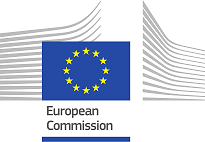

Microfinance in Europe: Survey Report (2024 edition)
ERSTE Group Social Banking Annual Report 2024
Call for a Consultant (evaluation of reports)
Join SIFTA Webinar on Internal Audit in MFIs and SEFPs
Our Experts

Albana Gjinopulli seasoned financial expert with over 20 years of professional experience in auditing. She currently serves as Chair of the Supervisory Council of Fondi BESA and Director of the Directorate of Internal Audit Harmonization at the Ministry of Finance and Economy in Albania. Her extensive expertise covers both internal and external audits within the public sector. She previously held the position of Chair at PEMPAL Internal Audit Community of Practice and served as Director of the Department at the Supreme Audit Institution of Albania. Her skill set includes Enterprise Risk Management, Internal Audit, Audit Management, Intelligence, and CISA certification.

Piotr Koryński is a development finance and economic development specialist with significant field experience working in more than 40 countries globally. For over 10 years, he led the efforts of Soros Economic Development Fund, a social investment vehicle of the Open Society Institute to develop microfinance globally. He helped to initiate and operate 10 microfinance institutions as well industry infrastructure projects such as MIX and Microfinance Management Institute. He was also involved in microfinance policy programs to create appropriate legal and regulatory framework for access to financial services for low-income people in specific countries of Eastern Europe.
Our partners



Join the SIFTA Webinar Series with Artur Munteanu
Our Experts

Artur Munteanu is an entrepreneur, finance executive, and enterprise development consultant with more than 24 years of experience in the financial and MSME development sectors. Artur has developed his expertise through his role as the CEO and Board Member of Microinvest, a leading non-bank financial institution in Moldova. Today, Microinvest manages more than 250 million Euros in assets and has more than 200 staff members. He was and is a Board Member and Advisor in several important companies from the agro-food, finance, and ICT sectors. Artur holds an MBA from the University of Hull, the UK. Artur organized trainings for more than 4000 participants in several subjects, including strategy and business planning, active sales, risk management, human resource management, corporate governance, and internal audit.
Mr. Munteanu has experience in Central and Eastern Europe as well as Central Asia. He structured and fundraised more than 100 million Euro in different transactions. He worked and is working with clients in Moldova, Romania, Spain, Greece, Latvia, Kyrgyzstan, and Georgia.
Mr. Munteanu trained and consulted in sales staff of several institutions: Mikrokapital Romania and Mikrokapital Moldova. Rocredit Romania, Seed Capital Bizkaia from Spain, MicroSmart from Greece, CAR Vest Romania, Realist from Romania and Moldova, Microinvest Moldova, and Salym Finance, Kirgizstan.
Our partners



Join the SIFTA Webinar on Improving digital and green skills of microfinance clients
Advocating For The Future Of Microfinance: Key Talks With DG EMPL
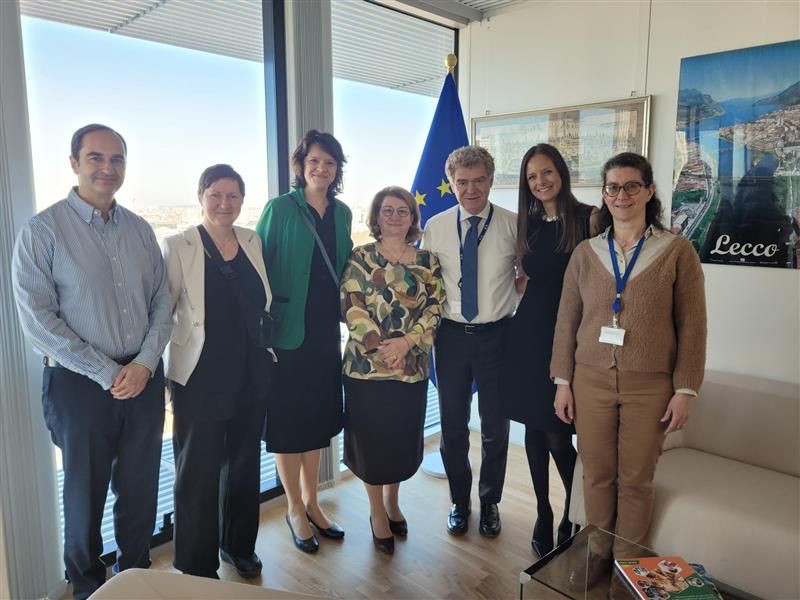
In April MFC has held important meetings with Directorate-General for Employment, Social Affairs and Inclusion (DG EMPL). We had discussions with Mario Nava, Director-General, Andriana Sukova, Deputy Director-General, Brigitte Fellahi-Brognaux, Head of Unit for Social and Inclusive Entrepreneurship and Jaime Duran Navarro, from Microfinance and Financial Instruments.
The discussion centered on the important advocacy topics like the crucial role of the InvestEU instrument for the microfinance sector and concerns about its future funding. MFC emphasized InvestEU’s positive impact on job creation and its role in reducing the banking gap. MFC also highlighted its network’s contribution to various EU priorities, including competitiveness, poverty reduction, skills development, employment, support for vulnerable groups, financial literacy, regional focus, and the green and digital transition.
MFC was represented by Martina Grigorova, MFC Council Member, Ewa Bańkowska, Deputy Director of MFC; Executive Director of SIS Credit, and Beata Biela, MFC Advocacy Manager.
Driving Inclusive Green and Digital Transitions: Highlights from the Transform Together Fund Final Meeting
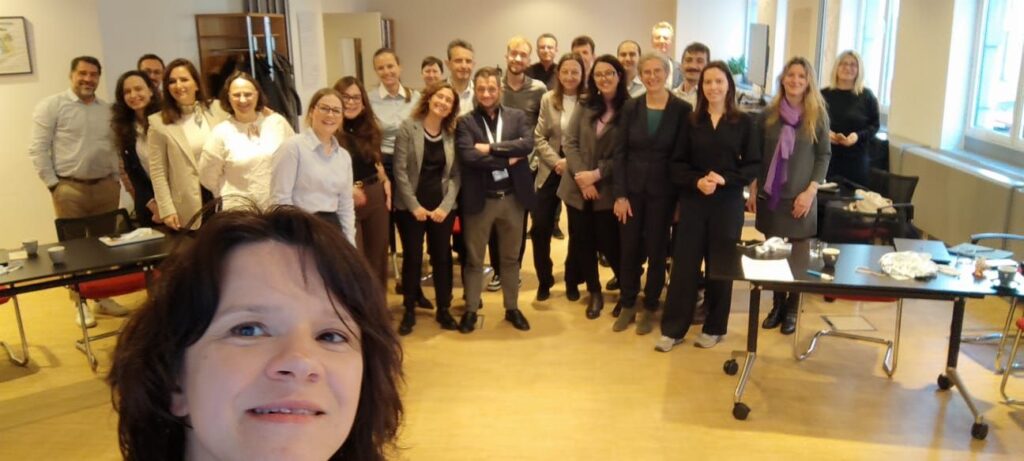
On 1–2 April 2025, MFC and our partner Cerise+SPTF hosted the final meeting of the Transform Together Fund Project in Brussels — a key milestone in supporting the digital and green transformation for vulnerable communities across Europe.
Through the ESF+-funded initiative, nine social finance and support organizations received grants of up to €50,000 to develop and pilot innovative tools that build digital and environmental skills among clients, particularly rural entrepreneurs and smallholder farmers.
The first day of the meeting featured dynamic peer-to-peer exchanges on lessons learned, challenges, and best practices in reaching underserved clients. The second day brought together key EU stakeholders, including representatives from the European Commission (DG EMPL), European Investment Fund (EIF), FEBEA, and EMN, to discuss the role of social finance institutions in supporting inclusive, skill-based transitions.
A strong emphasis was placed on the need for continued collaboration, strategic funding, and knowledge sharing to ensure no individual or community is left behind in Europe’s digital and green shift.
Learn more about the grantees and their innovative solutions

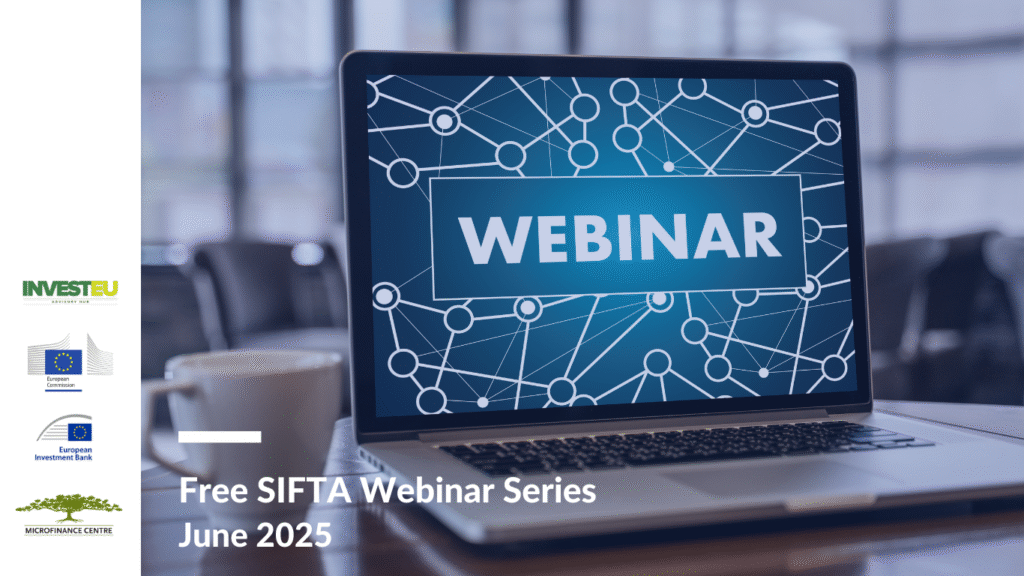
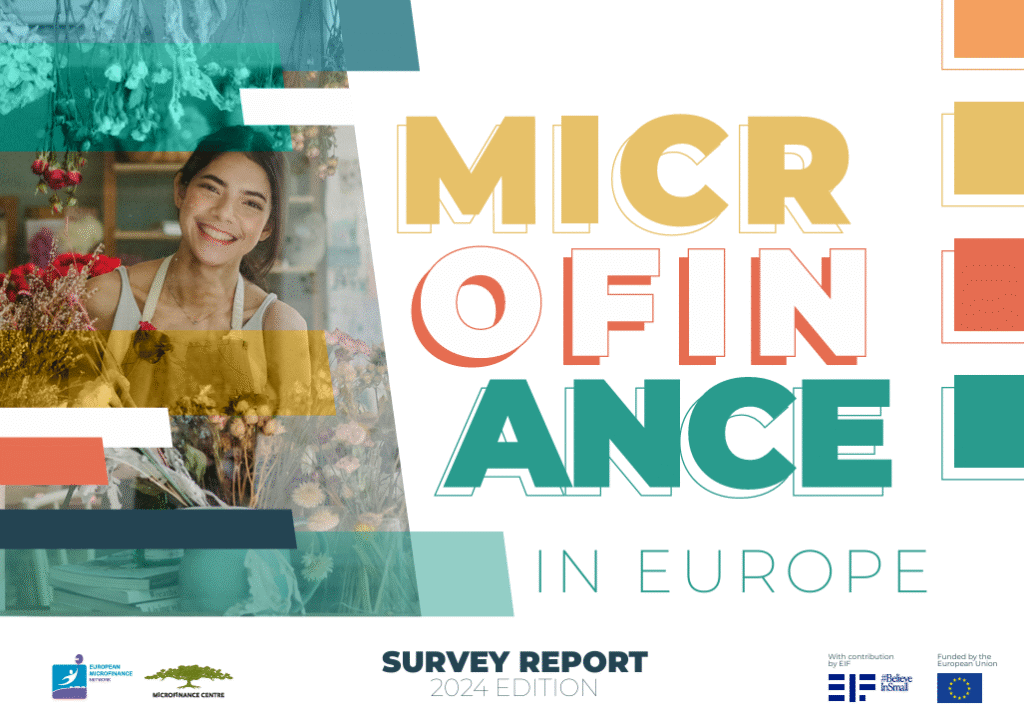

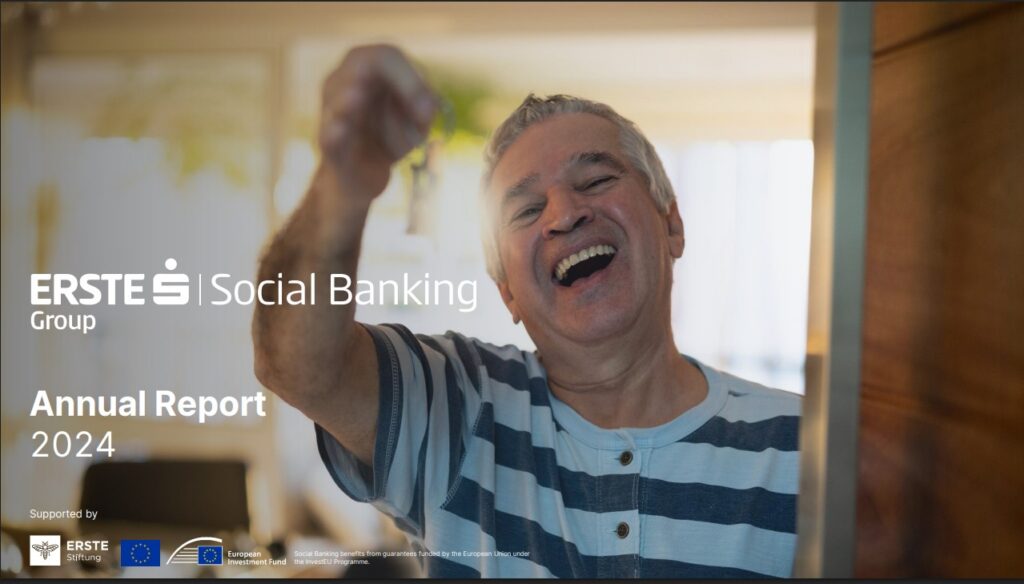

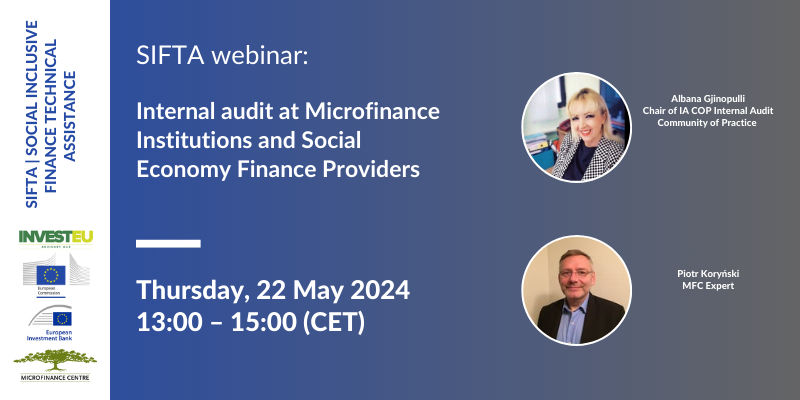



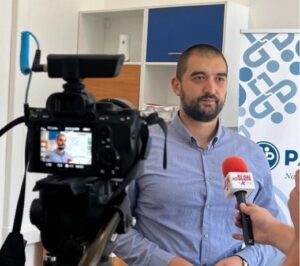 👨💼 Adnan Omerbegovic
👨💼 Adnan Omerbegovic